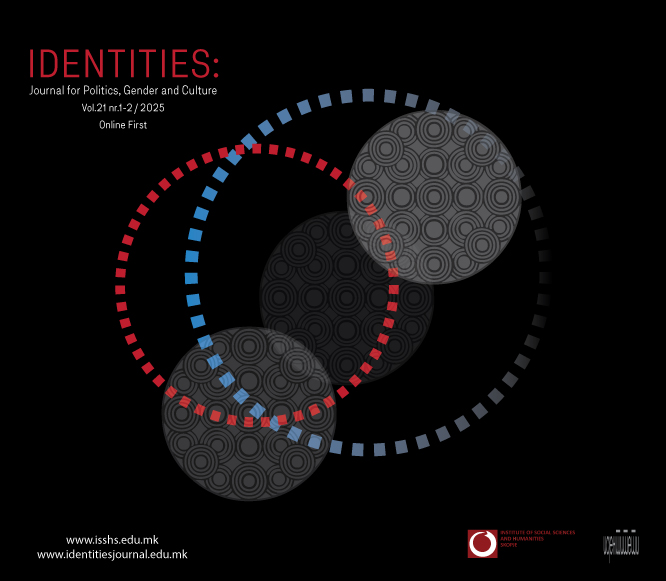Mad Black Noneism: Nick Land, Capital, and the Singularity as Noneist Emergence
Keywords:
Negative ontology, Noneism, Dialetheism, Paraconsistent logic, Accelerationism, Ray Brassier, Nick Land, Abstraction, Negative attribution, Capital, Ontology, Political economyAbstract
This article formalizes the negative ontology underlying Ray Brassier’s description of Nick Land’s “mad black Deleuzianism,” with particular attention to how Fanged Noumena functions within formal logic as noneist and dialetheic objects. Unlike classical Eleatic arguments that sought to eliminate paradoxes of nothingness by denying their logical validity, Graham Priest’s dialetheism embraces some contradictions as valid. Dialetheism holds that some statements can be both true and false simultaneously, representing a fundamental shift from the classical principle of non-contradiction toward paraconsistent logics capable of accommodating true contradictions.
The article demonstrates how non-existent logical objects interact through negative attribution—the process by which entities are defined by what they are not, their conceptual boundaries marked through absence rather than presence. This framework allows for a systematic account of how noneist objects can bestow qualities upon existent objects, destabilize categorical boundaries, and generate new relations. By situating these operations within Land’s accelerationist thought, the article argues that abstraction functions as a noneist operator: a logical mechanism that organizes reality through productive gaps and absences rather than positive determinations.
We shall see how non-existent logical objects interact and come into being; possess and bestow attributes via negative attribution; how such noneist objects possess the ability to bestow qualities upon the existent and noneist logical objects they interact with and border; how they can cause other noneist objects to come into non-being; and in so doing offer a potential framework for addressing (or at least discussing) a merger between both dialectical and emergent, immanent, accounts of change and occurrence
In supplementing Land’s system with Priest’s noneist and dialetheic logics, the article provides a more rigorous formal apparatus for analyzing accelerationism’s central claims. Capital, in this account, emerges not as a merely economic or technological phenomenon, but as a noneist operator functioning within historical and ontological processes. It is described as the Entity that retroactively engineers its own conditions of possibility, manipulating past and present through the negative attributions of absence, debt, and abstraction. By drawing these connections, the article aims to clarify Land’s accelerationism as a mode of noneist emergence, situated at the intersection of logic, ontology, and political economy.

Downloads
Published
How to Cite
Issue
Section
License
Copyright (c) 2025 Identities: Journal for Politics, Gender and Culture

This work is licensed under a Creative Commons Attribution-NonCommercial-NoDerivatives 4.0 International License.
Identities is published under the following license: Creative Commons Attribution-NonCommercial-NoDerivatives 4.0 International (CC BY-NC-ND 4.0). Under this license, users of our content must give appropriate credit to authors and source as well as indicate if changes were made, cannot be used for commercial purposes, and, in the instance that it is built upon or transformed, may not be distributed. For Identities, the copyrights allow the audience to download, reprint, quote in length and/or copy articles published by Identities so long as the authors and source are cited. For more information on our license, see the following: https://creativecommons.org/licenses/by-nc-nd/4.0.








